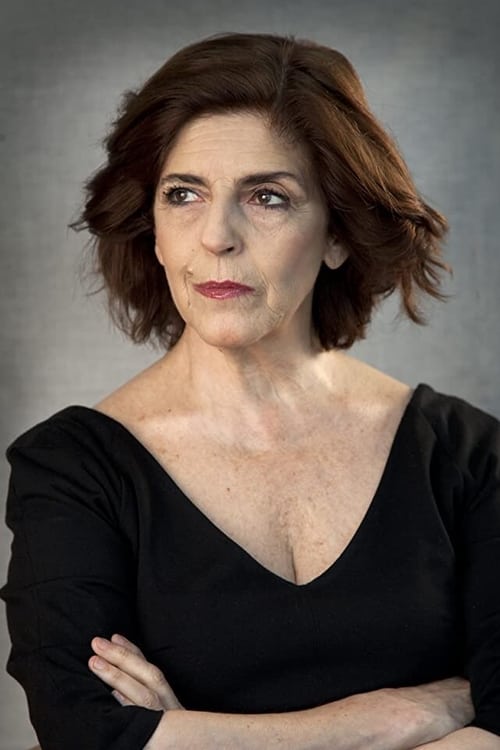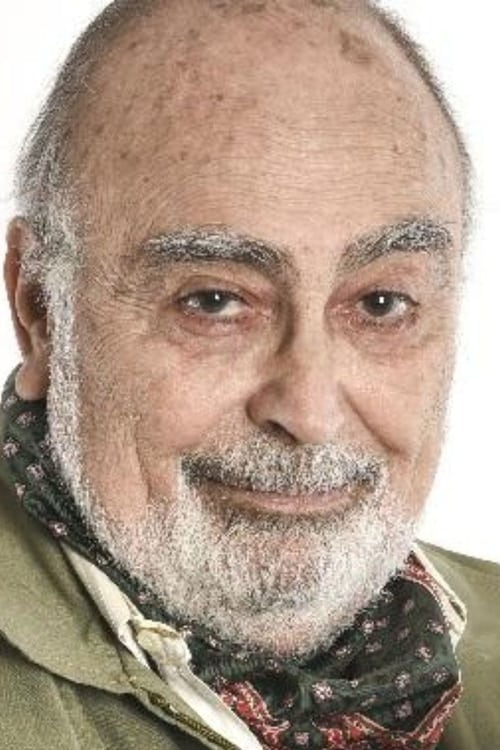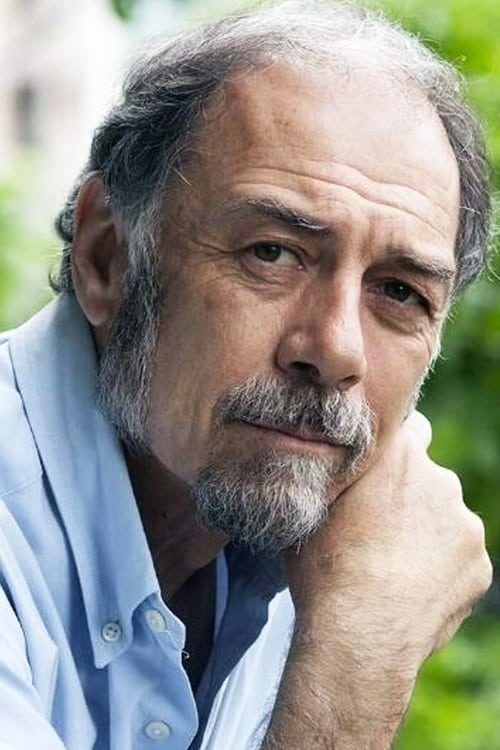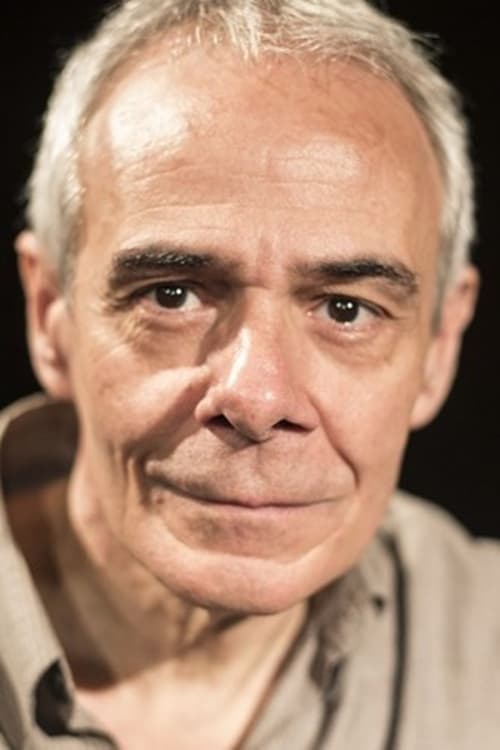Eva Perón (1996)
Género : Drama
Tiempo de ejecución : 1H 54M
Director : Juan Carlos Desanzo
Sinopsis
Es una película argentina dramática-histórica de 1996 dirigida por Juan Carlos Desanzo y escrita por José Pablo Feinmann. Es protagonizada por Esther Goris y Víctor Laplace en los papeles de Eva Perón y Juan Domingo Perón. Se estrenó el 24 de octubre de 1996 y fue ganadora de varios premios nacionales, entre ellos el Cóndor de Plata a la Mejor actriz, Mejor guion original y Mejor dirección artística de la Asociación de Cronistas Cinematográficos de la Argentina. Película que narra la vida de Eva Perón, una de las personalidades femeninas más importantes de la historia político-social de la Argentina del siglo XX, tomando como eje del relato los sucesos históricos de 1951, especialmente su propuesta como candidata a Vicepresidente de la Nación por parte de la CGT y la renuncia a la misma una semana después.

Guto, aspiring actor, dreams of hitting the big-time in São Paulo. He takes classes, rehearses, works out, auditions. He knows his big chance could find him anyplace, at any moment. His idol and role model is Zeca, an old-school TV comedian who—even on his last legs— still lives on in the hearts of a generation. When their paths intersect, Guto’s luck begins to change. But is that really possible?
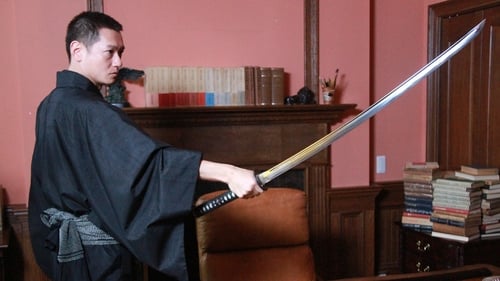
On November 25th 1970, a man committed ritual suicide inside the Tokyo headquarters of the Japanese Ministry of Defence, leaving behind a legacy of masterpieces and a controversy that echoes to this day. The man was Yukio Mishima, one of Japan's greatest and most celebrated novelists. With four members of his own private army - the Tatenokai - Mishima had taken the commandant hostage and called upon the assembled military outside the Ministry to overthrow their society and restore the powers of the Emperor. When the soldiers mocked and jeered Mishima, he cut short his speech and withdrew to the commandant's office where he committed seppuku - the samurai warrior's death - tearing open his belly with a ceremonial knife before being beheaded by one of his colleagues. What was Mishima truly trying to express through his actions? And what did he witness during his final moments?

Brazilian director Julio Bressane directs this religious biography on the life and work of Saint Jerome, the monk who first translated the Bible into Latin. Set both in the desert and in the posh confines of the Vatican, Jerome (Everaldo Pontes) agonizes over which Latin word would best fit its Hebrew counterpart. ~ Jonathan Crow, Rovi
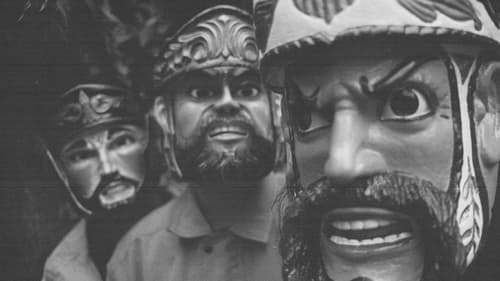
Ferding, Santos and Willy only drink in despair. One day, a Canadian woman’s visit changes everything.
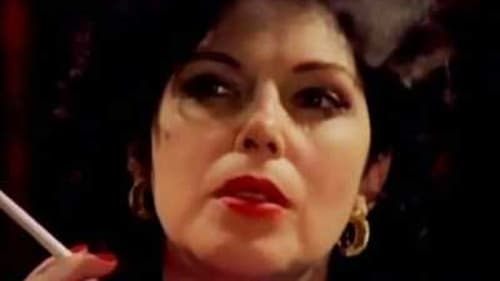
A young rock singer meets his childhood heroine, a famous singer who is now wallowing in alcohol and sex.
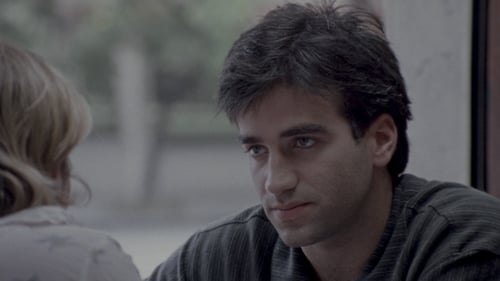
Ariel Goldstein es un joven judío de clase media. O mejor: es un joven de clase media que se siente obsesionado con el judaísmo, lo que él llama la "burbuja". Vive y trabaja con su padre, filmando casamientos y toda clase de actos sociales de los miembros de la comunidad judía, más menos respetuosos con las tradiciones religiosas. Cuando cambie los bar-mitzvas por una productora de televisión por cable empezará a tomar contacto con otra gente. Lo que lo invita a replantearse su lugar dentro del mundo y de la burbuja.

Basado en hechos reales, "Hiroshima" se distingue por ser un musical silencioso. Juan es cantante de un grupo de rock pero no es una persona que precisamente hable demasiado. Durante la noche, trabaja en una panadería y durante el día, duerme. "Hiroshima" es la historia de uno de estos días y cuenta lo que le pasa cuando se levanta.

Robert Castle is the idealistic pastor of St. Mary's Episcopal Church in Harlem, and also the cousin of filmmaker Jonathan Demme. Demme's affectionate portrait of his cousin traces Castle's story, beginning with his first parish assignment, in New Jersey in the early 1960s, in an increasingly African-American-populated neighborhood rocked by violence and civil rights protests. The film raises intimate discussions of race, faith and family, while also showing Castle's daily routine as a pastor.

'Bruce' goes to head with bandits who are terrorising and murdering villagers.

Joy is a fable about courage and youth. It tells the story of Luiza, 16 year old girl, who can not stand to hear about the end of the world… On a Christmas night, his cousin John is mysteriously shot in a street in the Lowlands and disappears into the night. Weeks later, while Luiza spends days alone in the apartment where he lives with his mother in Rio de Janeiro, a mysterious visitor comes knocking on your door: John, as a ghost, asking to hide there.

Ustanička ulica is a Serbian political thriller. Dušan Ilić (Gordan Kičić), employed at the Serbian state prosecutor's office, gets a top secret case to investigate a war crime committed by a disbanded paramilitary unit. He manages to find Mićun (Uliks Fehmiu) who's the only surviving witness.

Film material is subjected to biochemical processes by burying it in the garden, storing it in a pond, or overheating it. The results of these natural processes of decay or aging are then copied back onto film and thus conserved in the state of their dissolution. - Lightcone

Trapped inside an apartment in Sao Paulo, an actor and a director of videos explore mutual love. Adapted from Benjamin Schianberg character, in this book Marcal Aquino, "I receive the worst news of your beautiful lips."

Woman living in São Paulo goes to Gramado, South of Brazil, to visit a friend of hers. Together, they meet an odd woman who engages in strange experiences in parapsychology. From then on, bizarre events are bound to happen.

Un hombre explora el proceso de formación de la sexualidad y está buscando una mujer que no existe.
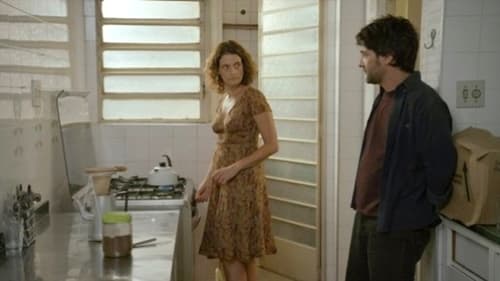
Former political activist receives compensation from the Brazilian government for the disappearance of her husband, victim of the repression triggered by the Brazilian military dictatorship. With the money, she can buy her an apartment and free herself from this dreadful condition she lived for decades. At the moment of moving to the new home, however, a visit arises that forces her to review her entire life.
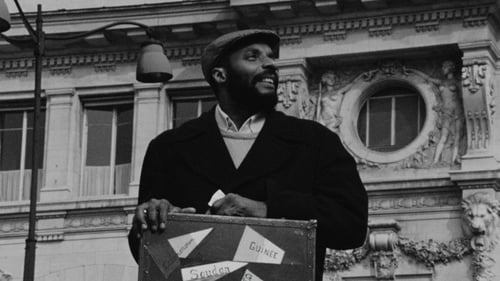
The film Soleil Ô, shot over four years with a very low budget, tells the story of a black immigrant who makes his way to Paris in search of “his Gaul ancestors”. This manifesto denounces a new form of slavery: The immigrants desperately seek work, a place to live, but find themselves face to face with indifference, rejection, humiliation…until the final call for uprising. “Soleil Ô” is the title of a West Indian song that tells of the pain of the black people from Dahomey (now Benin) who were taken to the Caribbean as slaves.

SOMETHING NECESSARY is an intimate moment in the lives of Anne and Joseph. A woman struggling to rebuild her life after the civil unrest that swept Kenya after the 2007 elections claiming the life of her husband, the health of her son and leaving her home on an isolated farm in the Kenyan countryside in ruins, she now has nothing but her resolve to rebuild her life left. A young man, troubled gang member who participated in the countrywide violence is drawn to Anne and her farm seemingly in search of redemption. Both, Joseph and Anne need something that only the other can give to allow them to shed the painful memories of their past and move on.

Consecuencia directa de la 3a película. Oryu busca al niño ciego que ella olvidó y está implicada con una guerra de césped yakuza que ocurre en el Tokio Teatro.

A man endeavors to collect memories of his grandparents who died in a concentration camp during the Holocaust.



